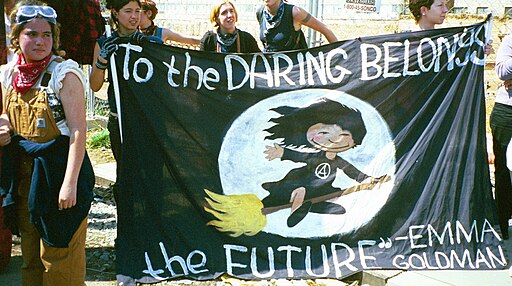
The Simpsons have gotten real.
The show’s title family closed its thirty-third season on May 22 with a lengthy sequence acknowledging what has long been pointed out: that the setup in which “Homer lives a comfortable life with his wife and three children and has a secure job at the [Springfield nuclear power] plant, despite his nonchalance, laziness and incompetence,” as James C. Wilson noted in 2015, strains plausibility even in a cartoon.
In the not-roaring economy of the 2020s, Bart Simpson would face even longer odds making a living as a performer than his creator beat making him one of the media icons of the 1990s. Lisa Simpson’s book smarts might get her through college, but not out of paying the ensuing debt.
The Simpson kids face that uncertain future while having access to consumer technology unimaginable at the time of their debut. Indeed, the plot of the season finale itself ensues from Marge Simpson streaming a British series at her leisure on the family’s living room TV, which has been upgraded from the clunky cathode ray tube box like the ones that picked up The Simpsons on the fifth of five channels in many real-life Springfields to a slick flatscreen offering a world of choices in crystal clear high definition.
The shift is explained to be the result of “rampant corporate greed, Wall Street malfeasance and the rise of shortsighted politics” by the Clinton administration’s Robert Reich. This is at odds with the show’s takes on wealthy business owners over the decades, which if anything have softened as Mr. Burns’s unrepentant miser has shared the screen with more charitable successors. Bill Gates went from smashing Homer’s startup in season 9’s “Das Bus” to being in the admittedly small Beloved Billionaires Club in season 32’s “Burger Kings.”
Reich declared in a May 21 Facebook post that “monopolies are only good for the monopolists.” It might have been awkward to note how the firms that dominated the middle of the 20th century could pursue long-term projects like Bell Labs, and offer long-term employment, via the same insulation from competition that made them big. Likewise, to reverse “the decline of unions” Reich should take heed of the advice of labor historians Jonathan Cutler and Thaddeus Russell that “when unions compete, workers win.”
The board game Monopoly originated from the insight of Henry George that monopolization of land rent could explain the paradoxical “increase of want with increase of wealth.” This analysis was extended to areas where monopoly was taken for granted by Bertrand Russell, who observed that “in labor disputes, the employer is the immediate enemy, but … the real enemy is the monopolist,” and Benjamin Tucker, who proposed alternatives to the “money monopoly” over a century before cryptocurrency. Without Mr. Monopoly’s help, a business as small as Homer Simpson’s “Mr. Plow” snow-shoveling service can cut the economic power of Mr. Burns down to size.
New Yorker Joel Schlosberg is a senior news analyst at The William Lloyd Garrison Center for Libertarian Advocacy Journalism.
PUBLICATION/CITATION HISTORY
- “Mr. Burns Needs Mr. Monopoly” by Joel Schlosberg, CounterPunch, June 3, 2022
- “Mr. Burns Needs Mr. Monopoly” by Joel Schlosberg, The Lebanon [Indiana] Reporter, June 3, 2022


